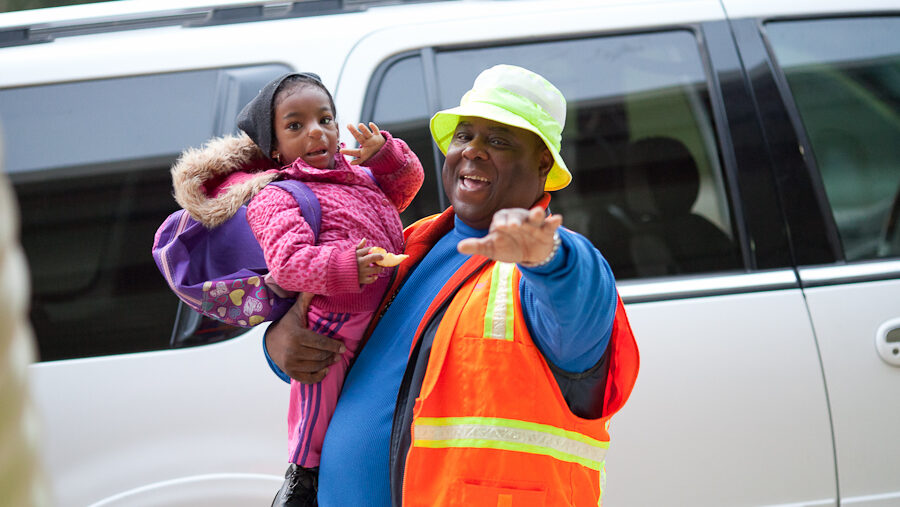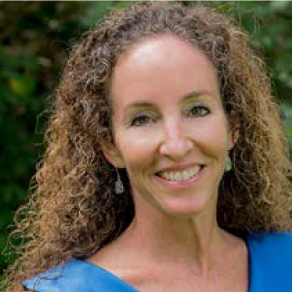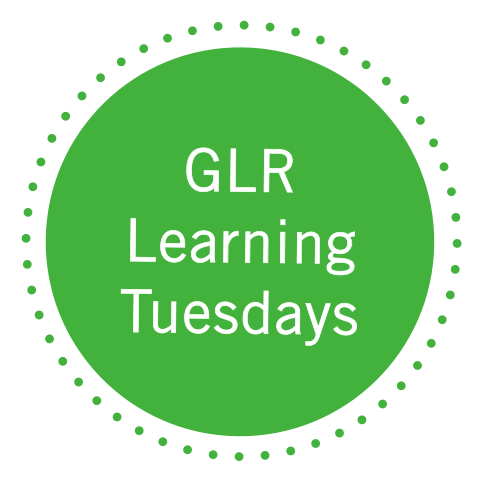
- This event has passed.
Collective Caregiving: Talking About What Kids & Families Need to Thrive

The session opened with a reflection on the paradox of American caregiving, by David Alexander, M.D., of Leading for Kids who stated, “We know how to fix poverty, we know how to fix education, we know how to fix hunger. But we haven’t really been able to do it.” He explained, “When we talk about why kids should get the things that we all know they need to get, we usually use one of three ways of talking about that. [First,] kids should get this thing because it’s the right thing to do. It’s moral, it’s just. [Second,] we should do this thing for kids because they’re vulnerable and we need to stand up for them. And most recently, we should do these things for kids because they’re our future, and it’s a good investment.”
Jessica Moyer, Ph.D., of FrameWorks Institute elaborated on the research supporting the Collective Caregiving Frame, a powerful new communications framework designed to mobilize communities and build environments that help every child thrive. She explained, “The idea that we share as a culture is that if a child has those meaningful, caring, loving relationships with adults in their lives, they’re going to be okay. They have what they need. If they don’t have that, then they’re going to struggle. But that kind of focus…crowds out a lot of other kinds of thinking. In particular, it crowds out thinking about what’s happening at the community level, thinking about policies, thinking about the fact that in addition to caring relationships, kids also need access to green space and clean water and for their family members to have health care and behavioral health services, etc.” The framework, Moyer noted, encourages redefining care through three pillars: collective, inclusive and expansive, highlighting the need for societal-level policies that support all children.
Reflecting on the United States, Sweta Shah, Ph.D., of the Brookings Institution acknowledged the uphill battle in shifting from an individualist, nuclear family model to collective care, emphasizing that progress requires time and persistence. “Even tweaks in language can take us one step closer,” she noted, encouraging advocates to embrace the framework as a tool for incremental cultural change. Shah also emphasized the importance of addressing systemic inequities, advocating for language that broadens the tent and fostering collaborative redesigns of systems that center the needs of children and families.
Kerrie Urosevich, Ph.D., from Hawai‘i Early Childhood Action Strategy shared how her community frames advocacy through “collective kuleana (responsibility).” She described asking industries, “What is your kuleana to our keiki (children)?” And she highlighted the success of these questions across sectors. Moderator Ernestine Benedict of ZERO TO THREE commended this approach, connecting it to the broader framework saying, “It really links to this idea of systems change — what it means and how we normalize it in ways that resonate.”
Benedict urged participants to focus on hope and collaboration. “If we give up hope, we lose,” she affirmed. She emphasized the need to “leverage surprising opportunities. Reflecting on the framework’s long-term impact, she concluded, “This is about creating the cultural shifts that make collective care a reality for all children.”
Panel







